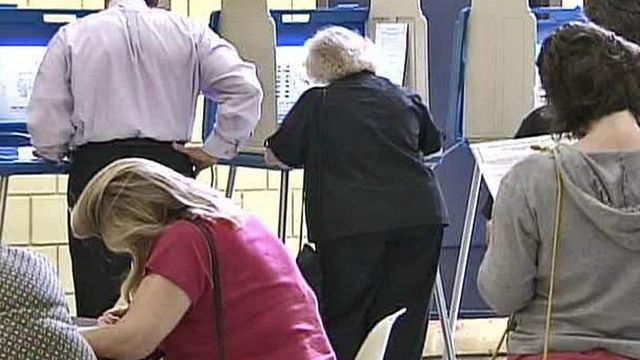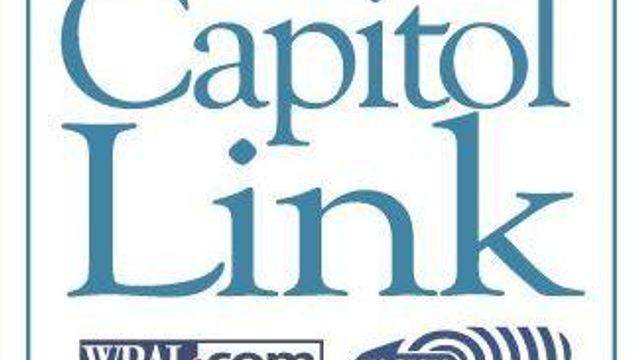Lawmakers Mull Moving Up Presidential Primary
With a native son on the presidential ballot again, North Carolina lawmakers are considering whether to move the presidential primary to earlier in the year or scrap it for party caucuses.
Posted — UpdatedThe Senate Judiciary Committee discussed a bill Tuesday that would move North Carolina's presidential primary from May to early February -- or even late January after the New Hampshire primary. Committee members asked staffers to research the issue more before it is brought up again at the next meeting.
"People on the street that have talked to me, they love the idea. They want to have the chance to ask the next presidential candidate questions," said Sen. Andrew Brock, R-Davie, who is sponsoring the bill.
Brock and other political observers said they're concerned that North Carolina has little say in the national race because it's usually decided by the time the state's primaries are held.
"By the time North Carolina votes in these primaries, the nominee is almost always selected, and that's bad because these early states get their issues on the national agenda," said Chris Heagarty, executive director of the North Carolina Center for Voter Education.
North Carolina's last presidential year primaries were delayed until July by a court fight over redistricting. The Democrats held caucuses to choose candidates, but by that time, U.S. Sen. John Edwards of North Carolina had been eliminated from the race.
In 2000, George W. Bush and Vice President Al Gore also had locked up their nominations before North Carolina held its primaries.
But splitting the presidential and state primaries would cost the state about $5.5 million, which is why some people support replacing primaries with early caucuses, where Democratic and Republican activists make the decisions.
"If you have a 20 percent turnout at the cost of $5.5 million, I don't think that's a very good use of taxpayer money," said Sen. Tony Rand, D-Cumberland.
Sen. Richard Stevens, R-Wake, said caucuses would use the political parties' regular precinct mechanisms.
"It's less costly," Stevens said of caucuses. "It wouldn't be a statewide election."
"If all the other states are moving forward, why are we sitting back and waiting?" Heagarty asked.
Copyright 2024 by WRAL.com and the Associated Press. All rights reserved. This material may not be published, broadcast, rewritten or redistributed.






